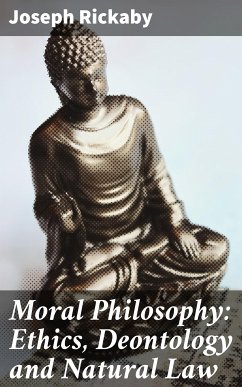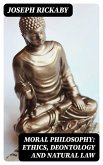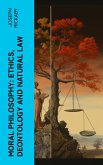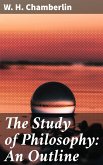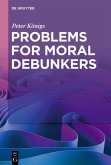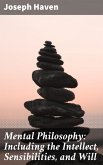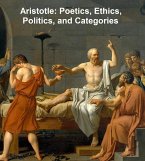In "Moral Philosophy: Ethics, Deontology and Natural Law," Joseph Rickaby delves into the intricate interplay of ethical theories, particularly focusing on deontological ethics and the foundational principles of natural law. Rickaby employs a philosophical lens enriched by logical rigor and historical context, articulating the nuances of moral obligations and the inherent dignity of human beings. The book is replete with enlightening discussions that navigate between consequentialism and duty-based morality, drawing upon the works of pivotal thinkers like Kant and Aquinas, thereby situating his arguments within a broader philosophical landscape. Joseph Rickaby (1845-1932) was a prominent English philosopher and theologian who advocated for a harmonious blend of reason and faith in moral inquiry. Educated in a milieu steeped in both Catholic Scholasticism and modern philosophical thought, Rickaby'Äôs academic endeavors reflect his commitment to exploring the ethical dimensions of human existence. His profound understanding of both classical and modern ethical traditions informs the text, allowing readers to appreciate the evolution of moral philosophy through his unique perspective. This work is indispensable for scholars, students, and anyone interested in the ethical frameworks that govern human conduct. By engaging deeply with Rickaby'Äôs insights, readers will emerge with a richer comprehension of ethical systems, empowering them to navigate contemporary moral dilemmas with greater discernment and depth.
Dieser Download kann aus rechtlichen Gründen nur mit Rechnungsadresse in A, B, BG, CY, CZ, D, DK, EW, E, FIN, F, GR, H, IRL, I, LT, L, LR, M, NL, PL, P, R, S, SLO, SK ausgeliefert werden.

